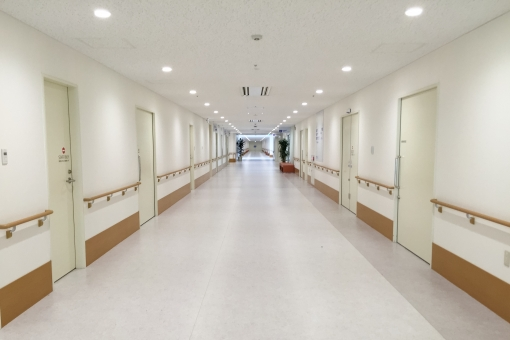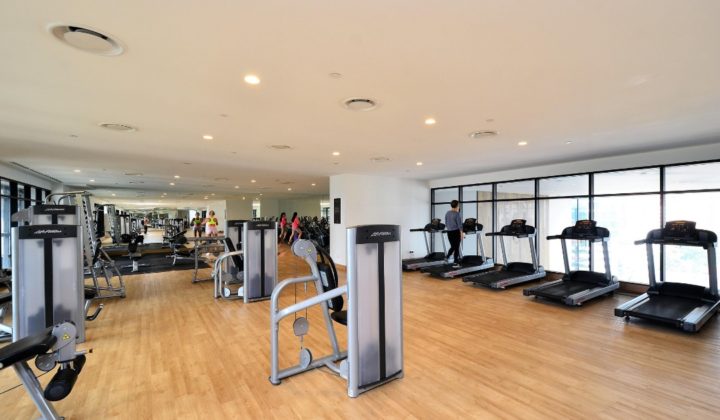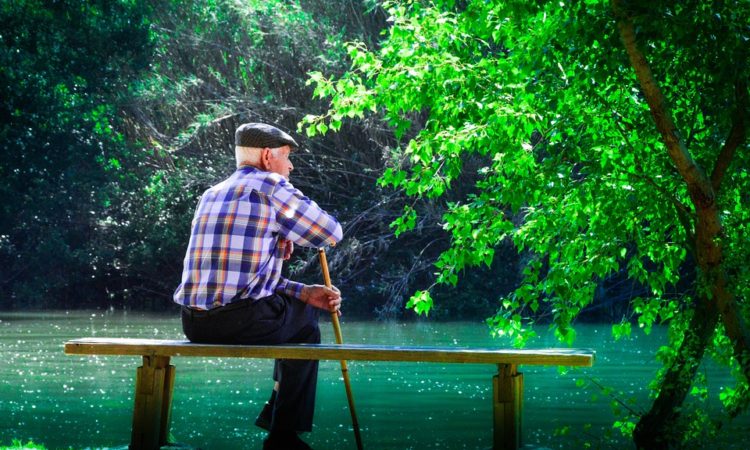This post is also available in:

In case of unlucky or unfortunate, you can’t avoid injury or illness even if you are extremely careful about your health, then, you would need to receive medical treatment from a hospital or clinic and if you don’t speak Japanese, it might be very difficult for you to find the place to get the right treatment.
Another thing is the cost of the treatment. National health insurance is available for foreigners if they clear certain conditions.
In this article, I’ll give you a list of websites to help you to find an English-speaking hospital in Japan. I will also explain about the medical system and health care system in Japan to help you feel more comfortable visiting your local hospital or clinic.
Language barrier and new government scheme
Currently, the language barrier is a big issue for foreigners when visiting a hospital or clinic in Japan unless you live in the center of Tokyo or another big city.
Firstly, all written signs in a hospital or clinic are in Japanese. Secondly, the staff working at the facility, including nurses and doctors, speak only Japanese. Thirdly, all the documents issued by the hospital or clinic including medical notes and test results are in Japanese, including the prescriptions. This applies to the majority of hospitals and clinics in Japan.
However, on the one hand, in preparation for the Tokyo Olympics, the Ministry of Health, Labor and Welfare have initiated a project to improve medical care services for foreign visitors, on the other hand, the Japanese government also wants to encourage the export of high-quality Japanese medical treatment.
In 2012, the government set up the Japan Medical Service Accreditation for International Patients (JMIP) to certify medical facilities that offer international patients with comfortable services in a safe environment. Those medical institutions certified by JMIP have at least well-trained multi-lingual speakers with the good medical knowledge to communicate with international patients and also offer multi-language written information.
Currently, 29 institutions are certified by JMIP.
If you go to their website, you can see a list of certifie d hospitals, the websites could be a good guide for you when choosing a hospital or clinic. After you have found a hospital which meets your requirements, you can contact them directly to make an appointment.
d hospitals, the websites could be a good guide for you when choosing a hospital or clinic. After you have found a hospital which meets your requirements, you can contact them directly to make an appointment.
JMIP website below is available in English, Chinese and Korean language.
http://jmip.jme.or.jp/index.php
Another website which lists hospitals and clinics with staff who speak English or other languages is called Byoinnavi:
https://byoinnavi.jp/english_speakers
However, the company which runs this website does not verify the hospitals and clinics which are advertised on the website, so there is no guarantee that they will have the necessary level of English or any other languages, therefore, it is best to call prior to your visit.
If you live in Tokyo, the web information from an organization called ‘Tokyo Metropolitan Medical Institution Information’ below might be very useful.
https://www.himawari.metro.tokyo.jp/qq/qq13enmnlt.asp
Another very useful website is published by an organization called ‘JAPAN Hospital Search for International Patients’. This is a non-profitable organization established to encourage international patients to visit Japan for medical treatment.
http://www.japanhospitalsearch.org/
Procedure to visit a doctor in Japan
However, if you are not lucky enough to live in a big city, it is quite unlikely that there will be a hospital or clinic available in your area which specializes in dealing with foreigners. In that case, you will need to go where local Japanese go.
In the Japanese medical system, unlike most English-speaking countries, there is no “Family Doctor” or “GP”. Instead, all hospitals and clinics in Japan have one or more particular specialism(s). So patients themselves have to choose what kind of specialist doctor they need to see.
It is very unlikely that any hospital or clinic could cover all the specialisms in their facility, thus, to see the right kind of doctor, patients need to look for a suitable hospital or clinic by themselves. Usually, big hospitals have more than three or four different specialisms and clinics have one or two different specialisms.
Unless you live in a remote place, it is likely that there will be more than one clinic in your area with the specialism you are looking for. You might need to choose carefully the best one. What Japanese people usually ask their neighbors, friends or landlords for recommendations of a nearby hospital or clinic or even a specific doctor.
What Japanese people usually ask their neighbors, friends or landlords for recommendations of a nearby hospital or clinic or even a specific doctor. If they have a school age child, they might ask other mums or dads in their child’s school. If they have no one to ask, they can visit the hospital or clinic by themselves to see if the institution meets their expectations.
Alternatively, the younger generation will often just search the internet for reputable doctors, so if you are fluent in Japanese, you could do the same.
Seeing the doctor in your local area
1. Usually in Japan most of hospitals and clinics do not take reservations, you need to go there, pick a number and wait until your turn comes. Yes, that is not very efficient, but that is how it works.
2. On arrival at your chosen hospital or clinic for the first time, you will need to tell at the reception that you have never been to the hospital or clinic before.
3, Then they will give you a registration form to fill in to register yourself with the hospital or clinic. (It is required to do this procedure every time you visit a new hospital and clinic).
What is commonly asked on the form is your full name, your full address in Japan, your phone number in Japan (landline as well as mobile phone usually), your medical history, whether you are allergic to certain medications and your reason for the visit (symptoms of your illness or injury).
In a big hospital with several departments, they will tell you which department you should go according to the form you handed in. When it is in your turn, the doctor will call your name to go into his/her room.
4. After the registration, you will be asked to wait at the waiting area until you get called.
In a big hospital, they announce your name through a speaker in a waiting area (easy to miss!). However, in a small independent clinic, a nurse comes out from the doctor’s room and calls your name.
5. After seeing a doctor, you have to wait in the waiting area at the reception again to be called to pay the fee. If you get a medicament prescription, you will need to go to a pharmacy to collect your medicine and pay for it there. The cost will be 30% of the full price.
National Health Insurance and Social Insurance
It is compulsory to have National Health Insurance if you are a foreigner who will live in Japan for more than 3 months and you are not employed by any company. You need to pay a certain amount of money every month depending on your income.
If you work for a company, you will usually need to contribute to national social insurance (health insurance and pension) through your company. For the health insurance around 5% will be deducted automatically from your salary. When you register, you will receive a Health Insurance card. You will need to show the card to the hospital or clinic reception on your first visit each month. So, make sure to take it with you, otherwise, you will have to pay the full amount of treatment fee of the day (they will recalculate the fee and return the excess payment when you show the card next time.)
Fee for the treatments and other services
If you are the member of either National Health Insurance or National Social Insurance, you will pay only 10 to 30% of the total cost of treatment and medicine. If you are not a member, you will have to pay the full price.
Miwa, Japan








